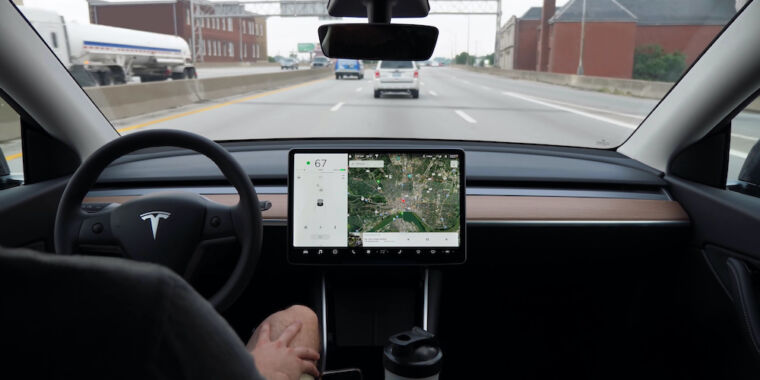I read this thread with great interest, as on Tuesday this week my 2018 Tesla Model S was stolen from the driveway. It was locked, passive entry was off, both key fobs and my phone were safely in the house, and it had pin-to-drive enabled. They were still able to drive it away - CCTV captured it, and had also captured the same pair of crooks snooping around the car the previous night. The side window was smashed - a clue that whatever they did had to be from the inside and that they did not have a code or fob to unlock it. A neighbour heard a wailing sound about the right time - so the alarm did go off, but it must have been quickly silenced. The thieves worked inside the car for almost 40 minutes (CCTV captured the lights flashing several times during the period) and were eventually successful. When I discovered the theft at 8am I checked the app - no connectivity or response then or since - and no assistance from Tesla in providing telemetry data. I am stunned that they appear to have got away with this, but have been thinking about how they might have done it. ... and I'm starting to think that its can't be all electronic wizardry. That visit the previous day? Perhaps to plant a snooping device to capture the fob key code, or watch for the pin with a buttonhole cam stuck on the roof or rear window? Or a powerful pair of binoculars focussed on the screen from afar? Be careful out there with pin 2 drive - if somebody records it or sees you enter it, its dead in the water as a layer of security. It might even be something no-tech, like being able to see the pattern of fingerprints onscreen which would allow a crook to narrow down the combinations to a guessable list? Top Tip: Wipe the screen more often than I did, check for unwanted devices, and cover your hand with your other hand when entering your pin. The things that puzzle me - why smash the window if they had a method to authenticate/unlock? And it they didn't have a method to authenticate, how did they drive it away?




